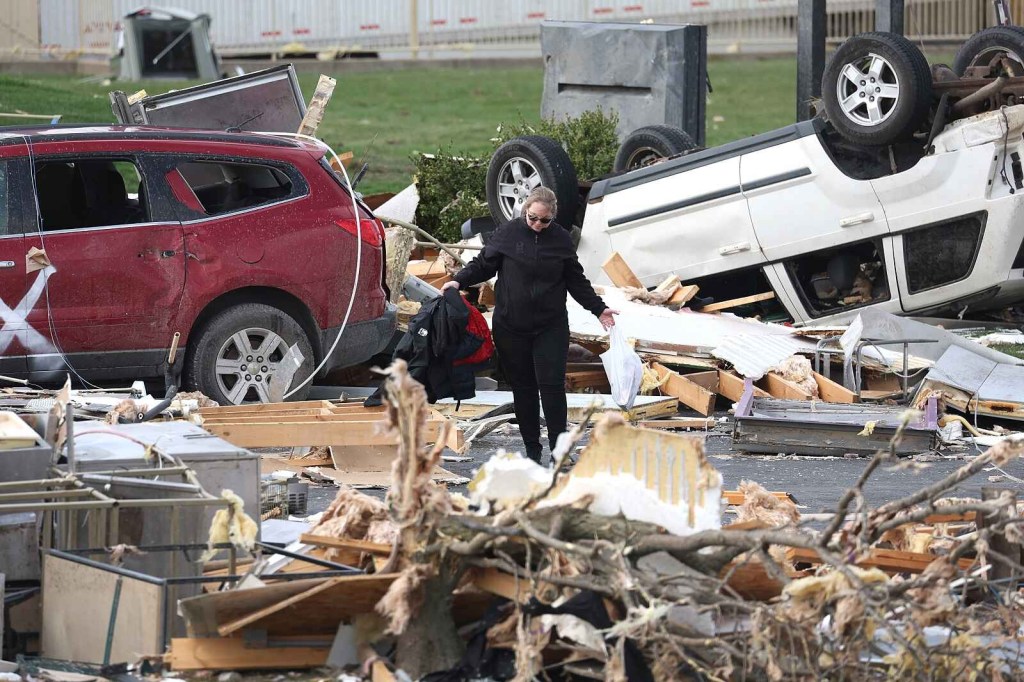
Car Insurance Might Not Cover Tornado Damage
A massive tornado ripped through Nebraska this month, and the level of devastation is indeed sobering. While it’s widely known that homeowners insurance will take care of a house and personal property, how is tornado damage to cars handled? Many folks might think home or car insurance generally covers tornado damage, but it’s more complicated than that.
Homeowners insurance won’t cover cars damaged by a tornado
While cars are considered personal property, home insurance policies exclude automobiles. The main reason is that cars are covered under their own policy.
Let’s review auto insurance coverage types and talk about which coverage will handle tornado damage.
There are several coverage types within car insurance: liability, collision, and comprehensive. Only one covers tornado damage.
Liability coverage plays a major role in car insurance. It is what is legally required to drive in the U.S. Each state has a specific minimum amount of liability coverage it requires drivers to maintain. It is triggered by a covered driver causing a car accident and is used to pay for the medical and property damage expenses of the other parties. There isn’t a deductible for this coverage type. Liability coverage does not cover tornado damage.

Collision coverage is used to pay for damage to your own car as a direct result of a car accident. It’s often used in cases where you either are or are not the at-fault driver. While it isn’t required by state law, lienholders will require collision coverage if you have a car loan. If you own your car outright, though, this coverage is optional. There is a deductible with this coverage. Since it’s only triggered through a car accident, collision insurance does not cover tornado damage.
Comprehensive coverage is the “background” player in car insurance. It’s designed to pay for pretty much any damage to your car that is not caused by a collision. Some people call comprehensive insurance “acts of God” coverage. This includes natural disasters, wind, and hail damage. Like collision coverage, it’s not legally required to carry. However, lienholders can require it as part of a car loan agreement. If you don’t have a car payment, comprehensive coverage is totally optional.
Considering all car insurance coverage types, comprehensive coverage is the only car insurance coverage that pays for tornado damage.
Since this coverage is optional, many people choose not to carry it. This means some victims of tornado damage are unable to file a car insurance claim.
What can you do if you don’t have comprehensive insurance when a natural disaster strikes?
FEMA might provide financial assistance to people dealing with car damage relating to a natural disaster. On its website is a fact sheet that describes the standards that determine eligibility for FEMA’s help. These include proof that you’ve maintained state minimum insurance requirements and that the vehicle was functional before the storm damage occurred.
Additionally, FEMA says that any help provided is quite different from car insurance. “The assistance is not like insurance and is capped at a pre-set amount. It may be enough to use as a down payment towards another car or repairs if the vehicle is repairable.”
Overall, folks should consider maintaining comprehensive car insurance or risk not having the ability to fix or replace their cars damaged in a tornado.



